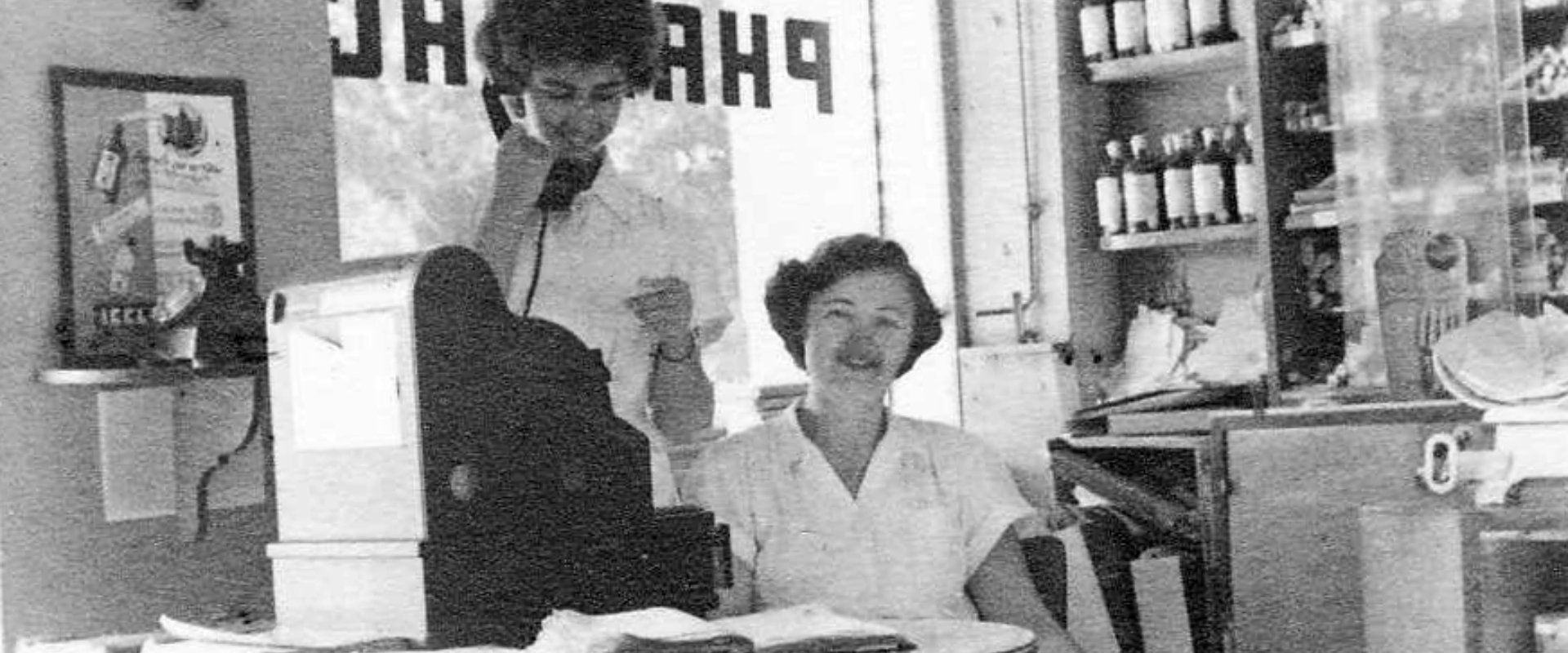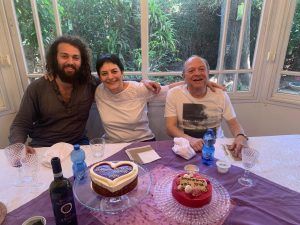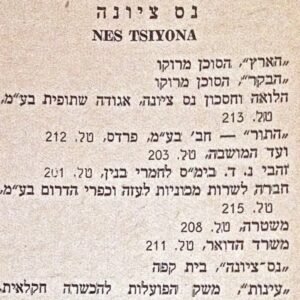
On June 29, 2007, Apple released its first iPhone. Less than sixteen years later, our world is an entirely altered place.
As more and more facets of our daily lives have migrated to the powerful little computers in our pockets, it is increasingly difficult to function without a smartphone. In fact, you’re probably reading these very lines on a phone.
We are naturally split when it comes to the matter of the desirability of this phenomenon. Ask most middle-schoolers and you’ll hear that a phone represents the promise of freedom, independence, fun and opportunity. Ask many screen-dazed adults and you’ll hear a completely different story – that the phone is a devilish device that has taken over our lives and shattered our ability to interact with each other.
But whether you love them or hate them; whether you are addicted or indifferent; whether you are excited by each new model or are still rocking a flip-phone – there’s no doubt that we live in the Pax Telefonica.
So in today’s episode, Hello Operator, we tell stories of first phones, but – well – not quite the ones Steve Jobs has bequeathed the world.
Yaron Blanc and Shakked Ginsburg are both teenagers from Jerusalem. They attended the same elementary school, and their parents are friends. But that, more or less, is where the similarities end. Their main point of divergence? Phones, of course!
Shakked’s dad, Mitch Ginsburg – who himself attempted to get rid of that pinging rectangular device – tries to make sense of its appeal, or lack thereof. Now that his third child has begun angling for a phone of his own, Mitch is desperately looking for a way off the smartphone rollercoaster.
When author Amos Oz was a little kid growing up in British Mandate Jerusalem, his parents didn’t have a phone. Instead, they’d ceremoniously march to the neighborhood “chemist” (as pharmacies were called back then), in order to place rare and expensive phone calls to far-away relatives.
The mechanics of these communications were a veritable source of wonder for the young Oz. In his mind, he recalled, he could “visualize a single line that connected Jerusalem and Tel Aviv and via Tel Aviv to the rest of the world.” Oz’ son-in-law, Prof. Eli Salzberger, brings us a hilarious and heartfelt extract from A Tale of Love and Darkness, all about the most anti-climactic phone call imaginable.
Tova Zahavi is both a scion of Nes Ziona aristocracy and a descendant of its most ridiculed outcast. In 1933, her grandfather – Natan David Zahavi – ventured where no Nes Ziona man had ever gone before: He managed to get his hands on the biggest attraction in town – a phone.
Ninety years later, his forgotten feat remains a source of both pride and fury for his nostalgic descendants.


Zev Levi scored and sound designed this episode with music from Blue Dot Sessions.
It was recorded at Nomi Studios and mixed by Adam Milliner. Becca Sykes read the passages from Geula Zahavi’s book, It Was Like A Dream. Episode artwork is “Pharmacists at the Shor Tabachnik Pharmacy on Allenby Street in Tel Aviv, c. 1939” (credit: Shor Tabachnik Pharmacies).